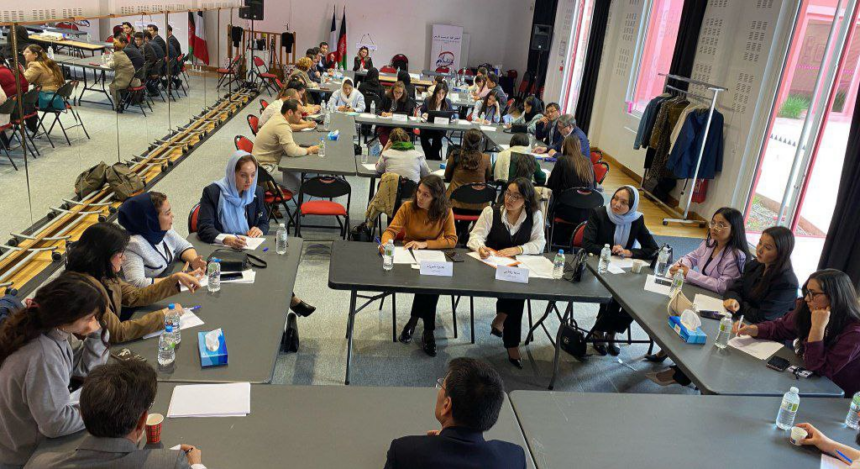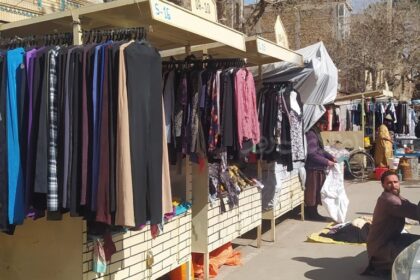RASC News Agency: In a conference held on Saturday in France, a coalition of Afghanistani human rights activists condemned the Taliban’s treatment of women and girls, denouncing their policies as a form of “gender apartheid” and branding their actions as “crimes against humanity.” The participants emphasized that the Taliban’s systematic abuses represent grave, widespread, and deliberate violations of fundamental human rights. The event, jointly organized by the La Cabane des Amis association and the National Congress of Hazaras, in partnership with the Municipality of Alfortville, drew together human rights activists, scholars, representatives of civil society organizations, and members of the Afghanistani diaspora.
During the session, participants adopted a resolution formally designating the Taliban’s actions as “crimes against humanity” under Article 7 of the Rome Statute of the International Criminal Court (ICC). “We are determined to ensure that the voices of Afghanistani women are heard by international institutions, particularly within European countries and the government of France,” stated Sabera Sakhi, President of La Cabane des Amis. “The fate of millions of Afghanistani women and girls must not be determined in silence.”
Reza Rezai, Vice President of the association, highlighted that the primary objective of the conference was to document the harsh realities endured by Afghanistani women and to raise international awareness regarding the systemic threats posed by the Taliban’s regime of gender-based discrimination. The final resolution emphasized that since their takeover in August 2021, the Taliban have systematically violated the fundamental rights of women and girls, imposing sweeping restrictions on education, employment, mobility, and public participation. These actions, participants asserted, amount to an orchestrated campaign to erase women from Afghanistani public life.
The activists called upon the international community to formally recognize the Taliban’s policies as constituting “gender apartheid” and urged that documented human rights violations be referred to the International Criminal Court for formal investigation and prosecution. Furthermore, participants stressed the critical need to support Afghanistani women, particularly those living in exile, by promoting initiatives in media and human rights documentation. They underscored the necessity of international engagement and continued pressure on the Taliban to prevent the normalization of their discriminatory regime.
“The systematic exclusion of women under Taliban rule is not merely a domestic matter; it is a profound affront to the international human rights framework and demands a concerted global response,” one participant declared during the closing remarks. The conference concluded with a strong commitment to intensifying advocacy efforts at the European level, aiming to ensure that the plight of Afghanistani women and girls remains a pressing priority on the global human rights agenda.






